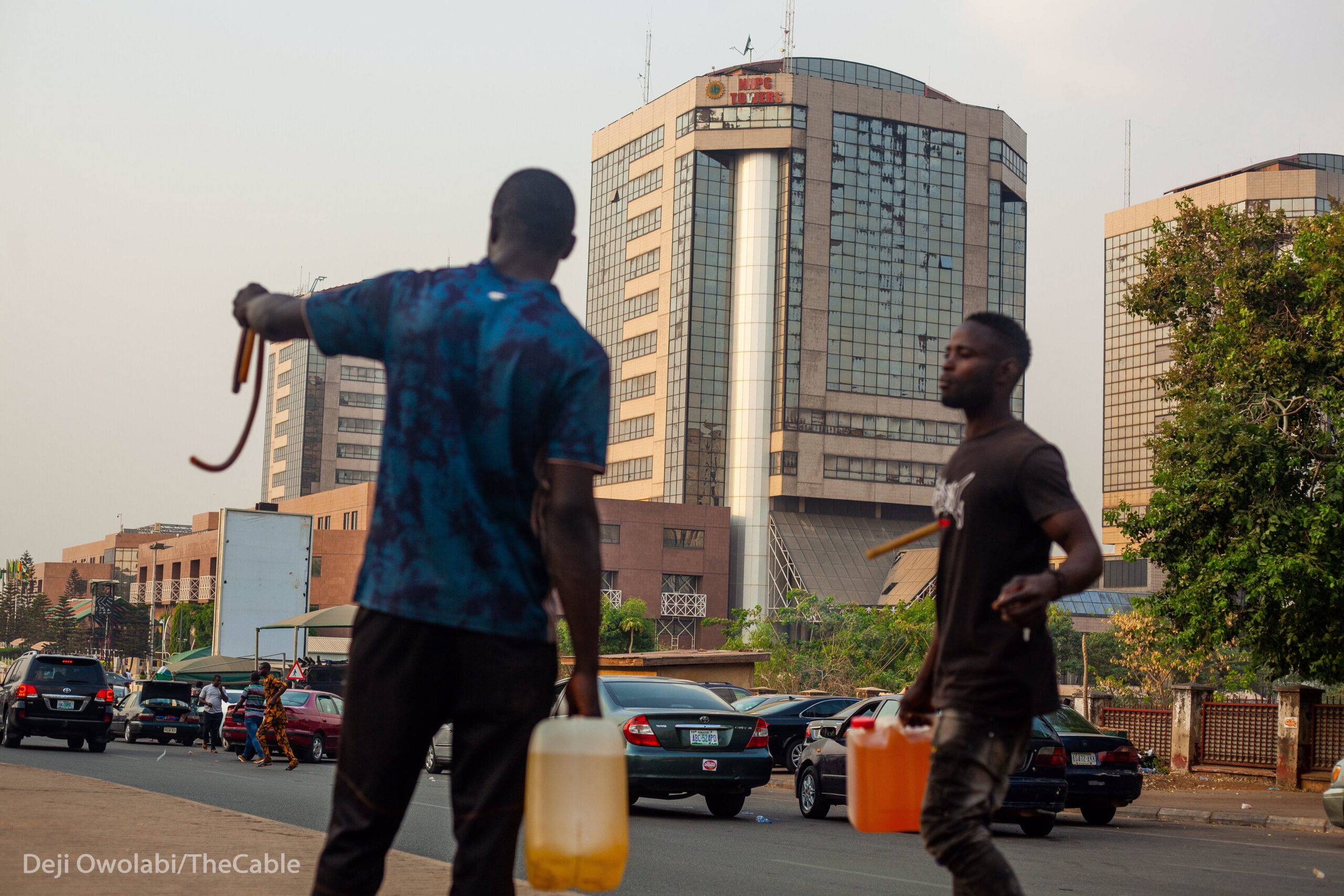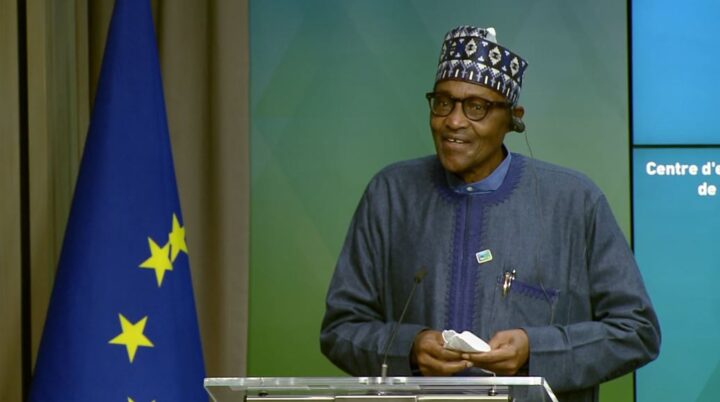On February 8, the Nigerian Midstream and Downstream Petroleum Regulatory Authority (NMDPRA) broke the news that petrol with methanol quantities above Nigeria’s specification, was discovered in the supply chain. As a result of this, the regulator isolated and withdrew the affected product from the market.
As events unfolded, fuel scarcity set in and queues surfaced in filling stations in Lagos and Abuja. But as more tanks ran dry, more filling stations shut down services and the queues dramatically multiplied and even trickled down to other states including Rivers, Enugu and Ondo.
Subsequently, Simon Harry, the statistician-general of the federation, said the petrol crisis experienced across Nigeria may have an adverse effect on macro-economic variables such as the inflation rate, gross domestic product (GDP) and even the unemployment rate. And just like a prophet, it did.
NIGERIANS HIT HARD AMID UNDIVERSIFIED ENERGY SOURCES
Advertisement
In a matter of days as it is expected, the prices of everything from transportation to food skyrocketed. Filling stations cashed in on the situation, taking N500, N1000 as gate fees before motorists could be allowed to buy fuel. Black market sales also ballooned going for as high as N500 to N700 for a litre.
In the midst of this, the country was also hit by electricity outages in several cities including Lagos and Abuja, affecting the daily activities and businesses of millions. And with the epileptic power supply evident in the country over the years, Nigerians who rely on generating sets to power their homes have also been affected. A situation that could have been helped with renewable sources like solar energy.
Nnimo Bassey, director, Health of Mother Earth Foundation (HOMEF), believes the country is being greatly affected by the petrol problem because of its heavy dependence on fossil fuels.
Advertisement
He said it is time Nigeria realised the need for energy transition without which some of these issues will linger.
“The country’s continued dependence on fossil fuel for energy counters any dream of energy transition to renewable sources. It is that dependence that puts the nation on the line for importation of toxic fuels. It doesn’t appear that the nation is ready to seriously invest in plans to move to clean energy,” he said.
“This is underscored by the fact that at a time the world is heavily investing in renewable energy, the government is planning to take up 20 percent shares in the Dangote refinery.”
‘FOSSIL FUELS HAVE REACHED A DEAD END’
Advertisement
Bassey said Nigeria has to wake up to the realisation that “fossil fuels have reached a dead end” and should be left to stay in the ground. He said the government should rather invest in research and deployment of renewables.
He also said the country risks a poisoned population and environment after foreign companies currently polluting the Nigerian environment abandons the country with the mess they (the oil companies) created.
“To accelerate the transition we have to wake up to the fact that fossil fuels have reached a dead end. It is time to stop gas flaring, invest in the clean up of the Niger Delta and all polluted areas, and pump resources into research and development and deployment of renewable energy options,” he said.
“The nation is also facing dire consequences that may arise from Shell and Exxon gearing to abandon their decrepit and toxic infrastructure and ship out of there. Nigeria is heading to a period of stranded assets, destroyed environments and a poisoned population in the oil belt.”
Advertisement
On his part, Joe Nwakwue, an oil and gas consultant partner with Zera Advisory and Consulting, believes that while the country might not be able to immediately do away with the use of fossil fuels such as petrol, it can speed up the use of autogas, a safe alternative that is non-toxic.
He said the adoption of autogas will help diversify the energy mix especially as it relates to transportation and would have prevented the petrol crisis in the country.
Advertisement
“If we had only 10 percent adoption at this time, we would not have the queues we see today. We need to work hard to implement this (the autogas programme) as soon as possible,” he said.
WHAT ALTERNATIVE CLEAN ENERGY SOURCES CAN BE EXPLORED?
Advertisement
The situation Nigeria has found itself begs the question – what other sustainable energy sources can the country explore to power vehicles?
According to the US Department of Energy, some clean energy sources that can power vehicles while helping to reduce emissions include but are not limited to:
Advertisement
i) Electricity: Electricity can be used to power plug-in electric vehicles (PEVs), including both all-electric vehicles, as well as plug-in hybrid electric vehicles. These vehicles can charge their batteries by drawing electricity directly from the grid and other off-board electrical power sources. Using electricity to power vehicles can have significant energy security and emissions benefits.
ii) Biodiesel: A renewable fuel that can be manufactured from vegetable oils, animal fats, or recycled cooking grease for use in diesel vehicles or any equipment that operates on diesel fuel. Biodiesel’s physical properties are similar to those of petroleum diesel.
iii) Ethanol: A renewable fuel made from corn and other plant materials. However, it dependent on vehicle model, geography and season. It can be recommended for use in different vehicle types.
ENERGY ADVOCATES CALL FOR AN ACCELERATED JUST TRANSITION
According to Lande Abudu, a renewable energy expert, the importation of off-spec petrol and the resultant fuel scarcity “is a clarion call for Nigeria to ramp up activities to have viable alternatives”.
“This scarcity has laid bare what renewable energy advocates have long known. We must transition (justly and fairly) to cleaner fuels. Nigerians will therefore have increased energy access which translates to health, lifestyle and other socio-economic benefits,” she said.
However, Emmanuel Omolaja, co-founder of Renerwold Global, a renewable energy company, said eco-friendly vehicles that use electricity might still suffer in the face of Nigeria’s erratic power supply.
He added that the petrol problem has, however, convinced more people of the need to purchase solar-powered home appliances and generators.
This analysis was done by Vivian Chime and Bunmi Aduloju
Add a comment






